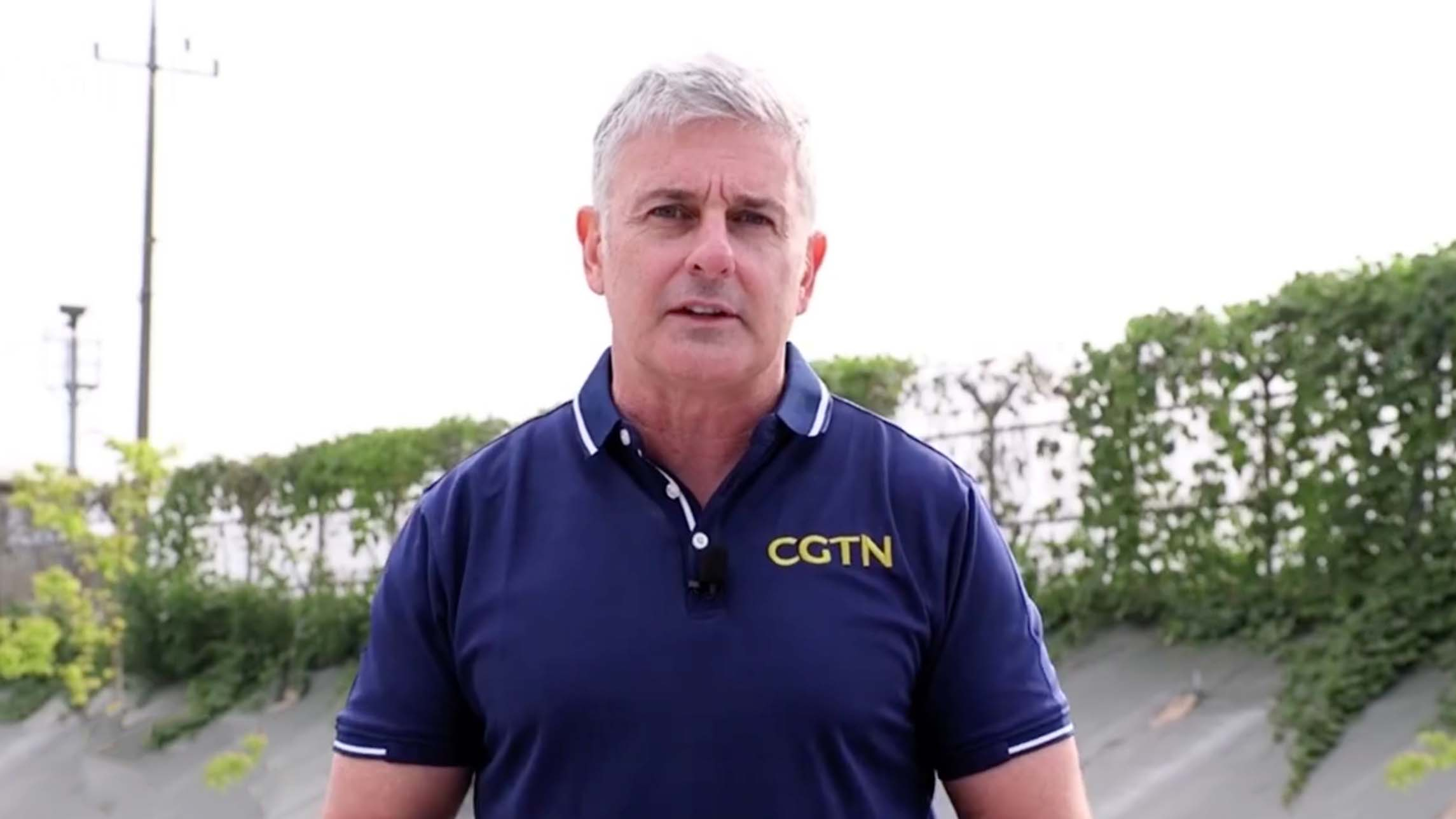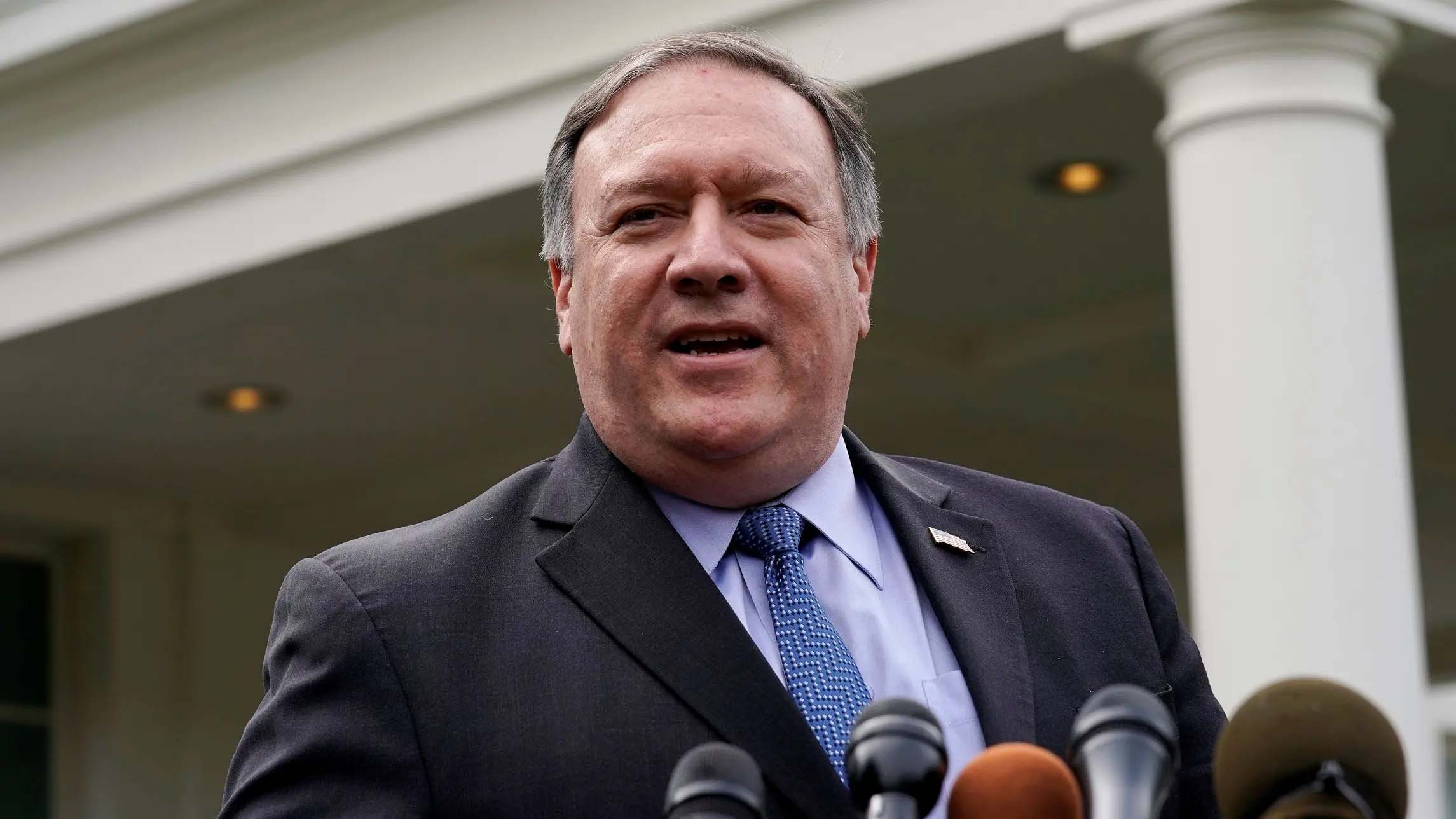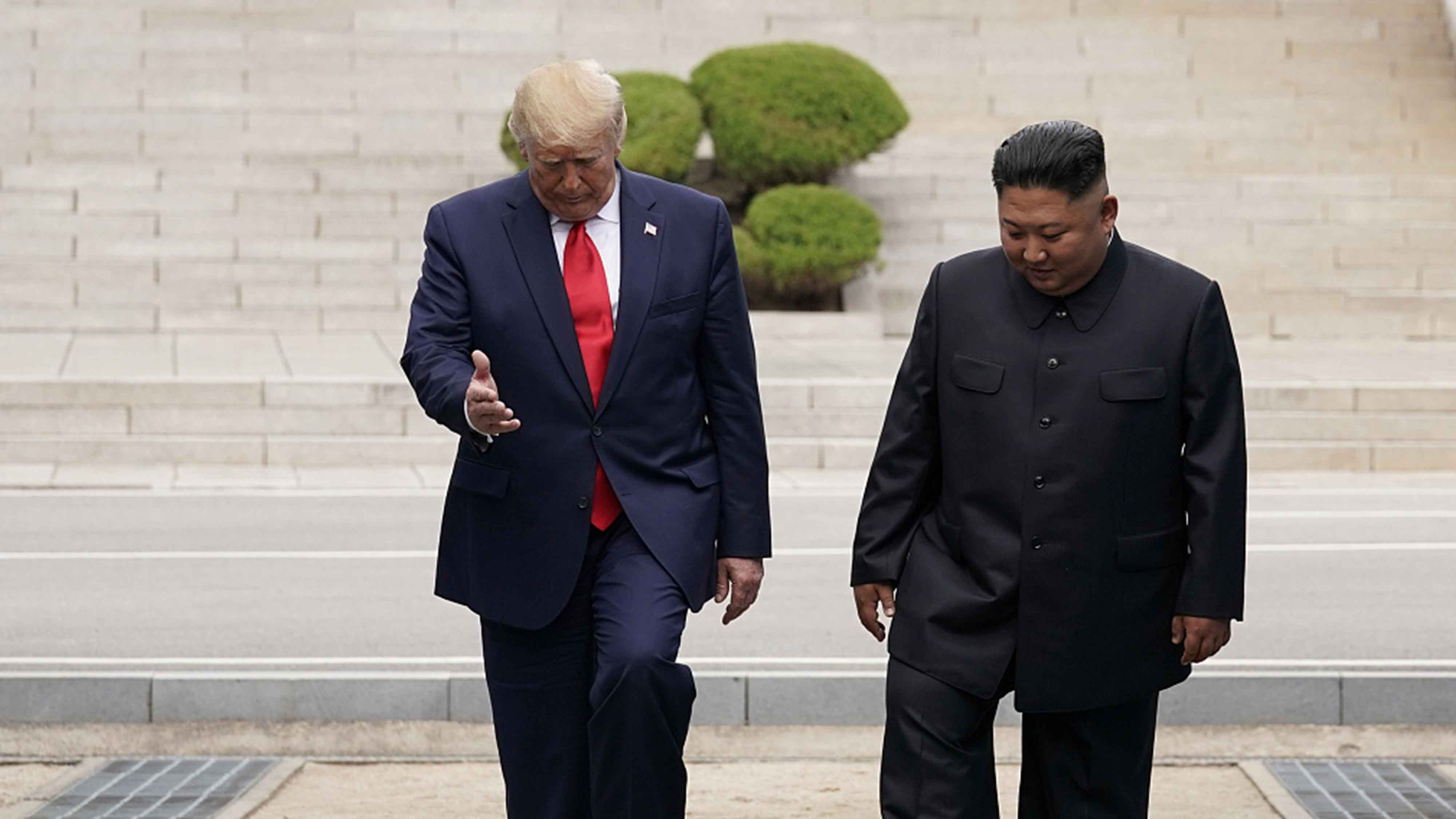

U.S. Secretary of State Mike Pompeo told reporters on Sunday that Washington and Pyongyang are likely to hold working-level talks as early as in mid-July, adding the two sides are "further along" compared with a year ago.
Pompeo joined U.S. President Donald Trump on June 30 for a meeting with Democratic People's Republic of Korea (DPRK) leader Kim Jong Un at the Demilitarized Zone (DMZ) dividing the two Koreas, where Trump shook hands with Kim before setting foot on the DPRK territory – becoming the first sitting U.S. president to do so.
Read More:
Trump becomes the first sitting U.S. president to visit DPRK
After spending about 50 minutes in talks behind closed doors with Kim, Pompeo told the media that the two sides had designated teams to resume stalled nuclear negotiations within weeks but added there was still no working agreement.
The U.S. team would be led by U.S. Special Representative for the DPRK Stephen Biegun, and the DPRK's negotiators would be foreign ministry diplomats.
Pompeo said representatives from both teams will gather and work out the details starting on Monday. A new round of talks would likely happen "sometime in July," probably within the next two or three weeks "at a place yet to be determined."
"The middle of the month would be my guess," Pompeo said.
"We're hopeful. We can truly evaluate if there is any clear path forward. Having listened to Chairman Kim today, I think there is," he said, adding, "We're not where we were 12 months ago. We’re further along than that."

The DPRK's Korean Central News Agency (KCNA) said the two leaders “expressed great satisfaction over the results of the talks” and that they agreed to "resume and push forward productive dialogues for making a new breakthrough in the denuclearization of the Korean peninsula."
The two leaders' "bold, brave decision" that led to the historic meeting "created unprecedented trust between the two countries" that had been tangled in deeply-rooted animosity, KCNA said.
Read more :
DPRK calls Kim-Trump meeting 'historic,' expects to resume talk
On Monday, Japanese Prime Minister Shinzo Abe said Japan supported the U.S and DPRK's "process" and wished for the latest talks between Trump and Kim to result in positive developments.
"I hope that this summit will lead to progress," Abe told reporters at the prime minister's official residence.
The U.N. Secretary-General Antonio Guterres also welcomed the meeting between Trump and Kim and “fully supports the continued efforts of the parties to establish new relations toward sustainable peace, security and complete and verifiable denuclearization of the Korean Peninsula,” U.N. spokesman Stephane Dujarric said in a statement.

But despite the optimism over the renewed nuclear talks, analysts said Trump and Kim were no closer to narrowing the gap between their positions since they walked away from their previous high-profile summits.
Their first summit took place in a blaze of publicity in Singapore last year but produced a vaguely-worded pledge about denuclearization. A second meeting in the Vietnamese city of Hanoi in February floundered on what the DPRK – which has carried out six nuclear tests and developed missiles in violation of UN Security Council resolutions – would be willing to give up in exchange for relief from sanctions that have crippled its economy since its first nuclear test in 2006.
Some, including former White House deputy national security adviser Ben Rhodes, criticized the historic meeting as nothing more than a PR stunt by Trump.
Professor Lee Sung-Yoon from the Fletcher School at Tufts University told CGTN that a handshake does not guarantee DPRK denuclearization.
"Of course, one tends to prefer such a mood-enhancing change of tone. On a fundamental level, that of course, makes sense," Lee said.
"But what we are talking about here is nuclear weapons. As we know, none of the eight nuclear weapons possessing states has ever dangled a possibility of denuclearization as a money-making scheme. North Korea has perfected this strategy. On the thorny question of whether this really suggests a great propensity on the part of the Kim regime to give up their nukes, I am not solid on that," he said.
This Trump-Kim meeting, therefore, should be welcomed but treated with cautious optimism at best. Anything which jump-starts the stalled nuclear talks is positive, but at some point, concrete progress has to be made for people to believe that said talks are capable of bearing fruit.
Read More:
Talking is good, but progress is needed
(With inputs from agencies)

Copyright © 2018 CGTN. Beijing ICP prepared NO.16065310-3
Copyright © 2018 CGTN. Beijing ICP prepared NO.16065310-3